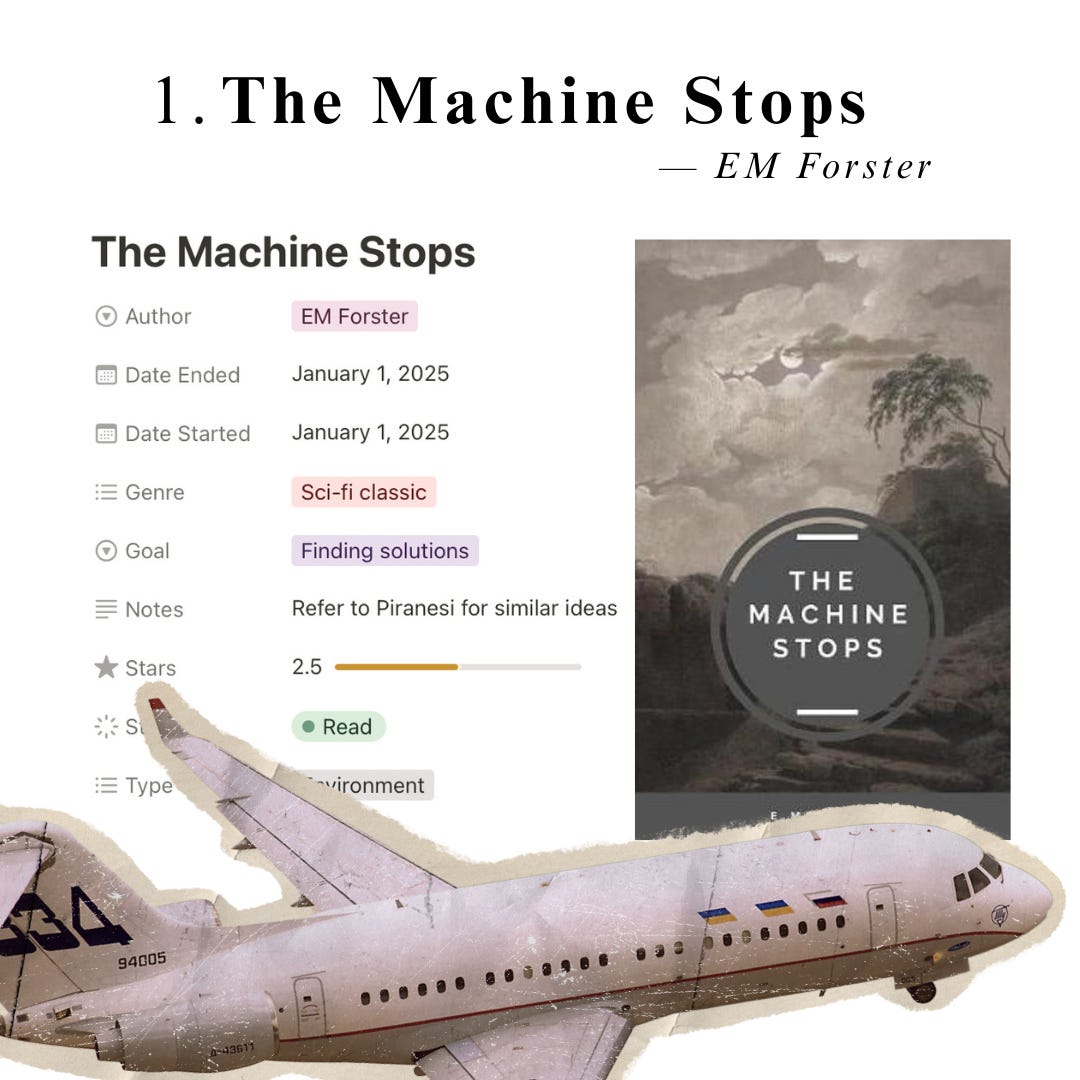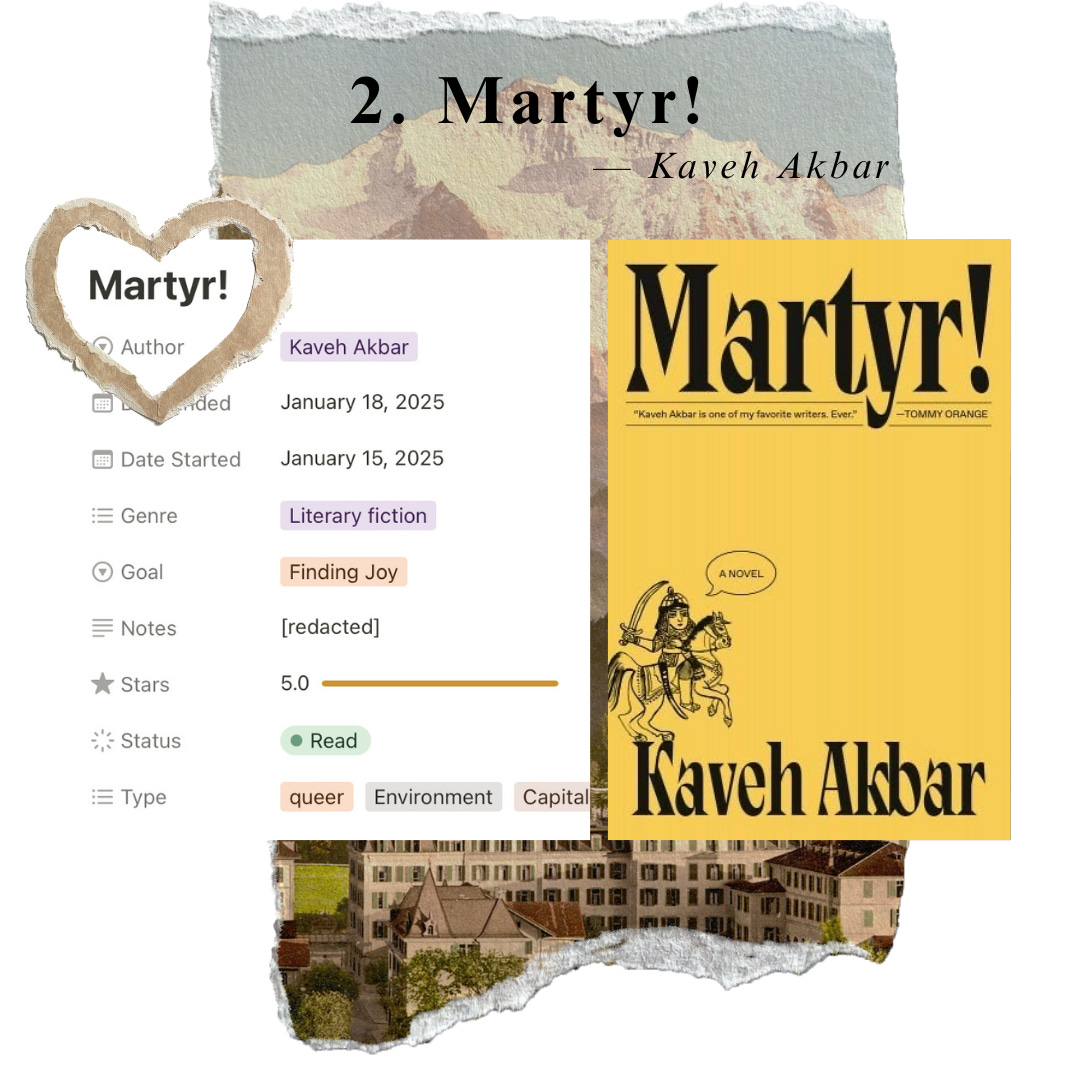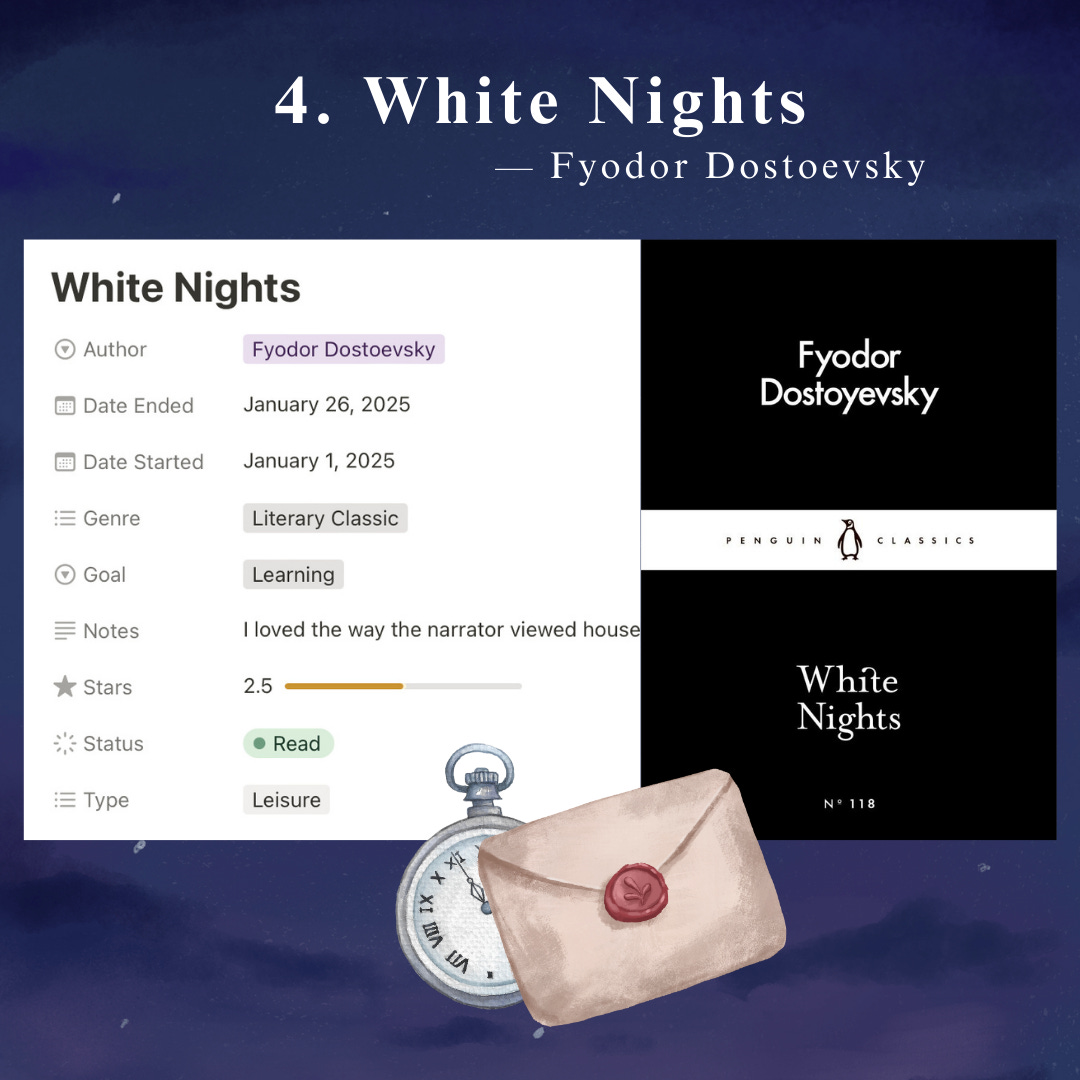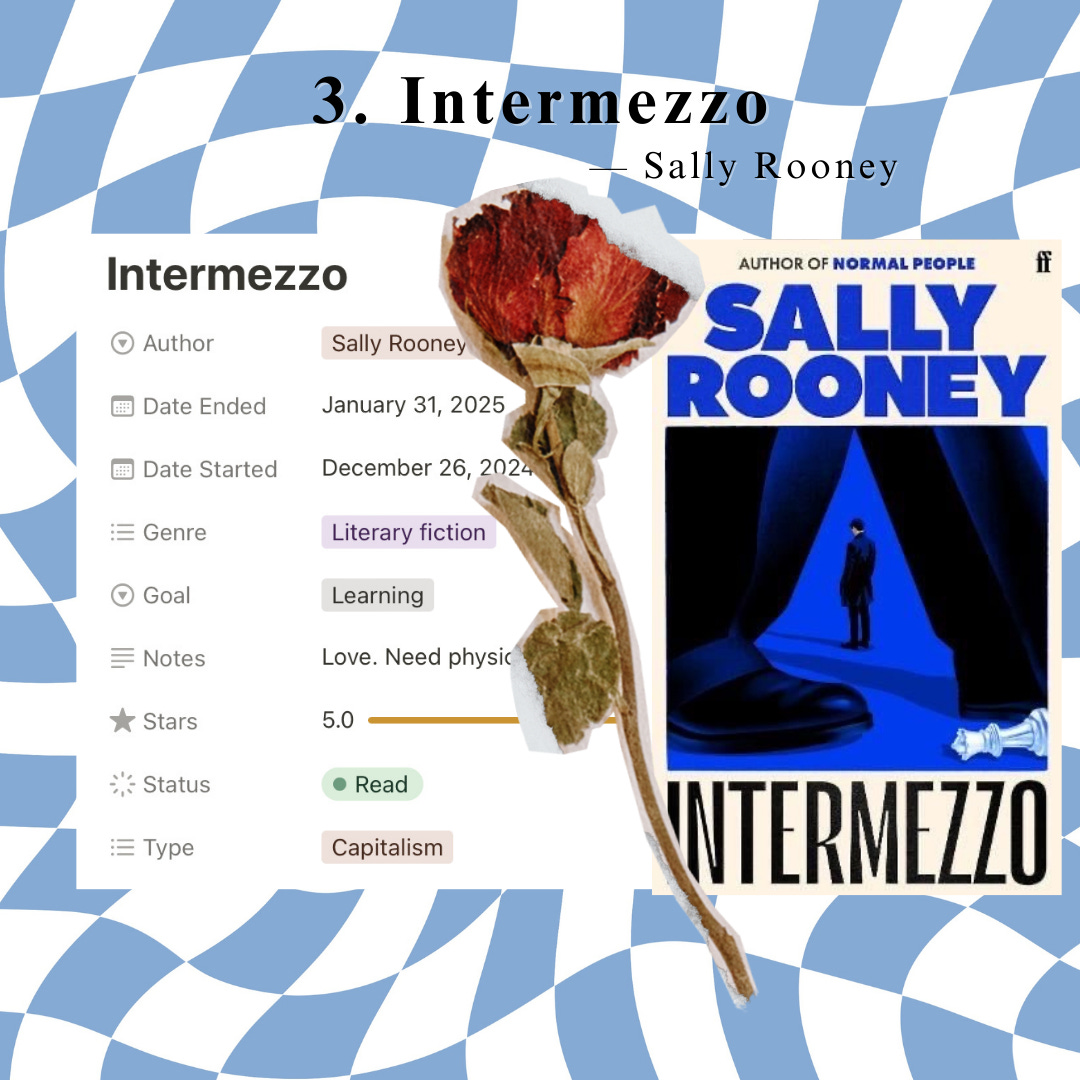Dearest Stranger,
January came with its surprises. It began in the throws of finals, a stressful but fulfilling nine days that were spent studying and procrastinating with some chai and friends. I’m sure you know how that goes; finding irresistible books that cannot be left aside until finals are over, reading those instead of the course material you’re supposed to be reading, and then the tea in an open field with friends to console your soul about the bad exam being the instructors fault and not yours. The good old self sabotage paradox.
The next 10 days were a red zone; a deep crises involving some missing fund money, fathers, toothpaste, and that green sharpener I had just bought. Easy to say, the most intense reading took place in this period. As it should really; reading is survival.
Things were a flurry of pages the rest of January. I dipped my toes into battles, martyrdom, angsty sibling relationships, dead fathers, undead mothers, chess, artists, machines, planes, and fugitives. Interested?
I won’t hold you any longer; enjoy this list of books that got me through January.
P.S If you’ve read Piranesi, you’ll know he had a whimsical way of giving his own names to the Years he spent in The House. As inspiration, and for focus, I am thus naming 2025 the Year of Creation. As an ode to the rebrand of this newsletter, and all the things to come with it.
1.The Machine Stops
“I dislike air-ships.’ ‘Why?’ ‘I dislike seeing the horrible brown earth, and the sea, and the stars when it is dark. I get no ideas in an air- ship.’ ‘I do not get them anywhere else.’ ‘What kind of ideas can the air give you?’ ”
I re-read the machine stops after
read it, to discuss the short work and its strengths and weaknesses from a writer’s point of view. It was a nice short read, more descriptive in nature than narrative.The story starts with Vashti, a normal mother in this futuristic world where human kind has moved under the surface of earth in a structure maintained by The Machine. Vashti finds out that her son, who now lives in a home just like hers, on the other side of earth, has been on a one-man mission to find an alternate way of life; he sets out to see the surface of the earth.
2. Martyr!
“His unconscious would start writing more and more of the conversation until finally, under the best conditions, he’d be fully dreaming the interaction—his characters would talk to each other for his benefit, a movie he’d cast and staged himself.
It became a way of visiting the titans of his psychic life, a Faustian trade-off with his insomnia. It was the only way he could spend time with Marie Curie, Allen Iverson, Kurt Cobain. It was the only time he got to hear his mother’s voice.”
Where to begin with this book? Other than to tell you it encapsulates it all in just 350 pages. Cyrus, our protagonist, is having his midlife crises. He has lived a lot before this point, which is to say he’s gone through college, lost someone, waltzed with addiction, become sober, and is now floating through life with all of it on his back. All the while, Cyrus is thinking of death, of meaningful death, of martyrdom — and how to eventually write what he wants to write. Coincidentally, Orkideh, an Iranian artist is putting out her last exhibit in New York; Death Speak. Orkideh, diagnosed with terminal illness, is spending her last few days in a museum welcoming anyone and everyone to come talk to her in her last days. Not anything more to say, just that Cyrus obviously finds himself in New York after the harsh reality check from his roommate. In between you’ll see fragments from Cyrus’ father, his uncle, his mother, and Cyrus’ dreams — all weaving the final picture that brings the story to life with the momentum of a bowling ball about to hit the pins.
3. White Nights
“Because it begins to seem to me at such times that I am incapable of beginning a life in real life, because it has seemed to me that I have lost all touch, all instinct for the actual, the real; because at last I have cursed myself; because after my fantastic nights I have moments of returning sobriety, which are awful! Meanwhile, you hear the whirl and roar of the crowd in the vortex of life around you; you hear, you see, men living in reality; you see that life for them is not forbidden, that their life does not float away like a dream, like a vision; that their life is being eternally renewed, eternally youthful, and not one hour of it is the same as another; while fancy is so spiritless, monotonous to vulgarity and easily scared, the slave of shadows, of the idea, the slave of the first cloud that shrouds the sun...”
A short story, mostly confined to the world of a man with a vast internal world, and an unfulfilling life outside of it — we accompany this man for four white nights after he stumbles upon Nastenka as she weeps on a bridge. A burning friendship ensues on the foundation of the two character’s shared loneliness, and an unrequited love blossoms in the heart of our narrator as he finds himself the mediator between Nastenka and her dilemma.
4. Intermezzo
“But rather than smiling this time he felt a kind of acute feeling, almost like pain, opening out inside himself, and his eyes were stinging. To love, and for his love to be accepted, yes. It was in fact painful, the relief of all that compression suddenly, to say the words aloud, and hear her saying them, to be loved by her, it was so needed that it actually hurt.”
This is a book I’m going to have to reread a few times to find new nuggets of wisdoms I’m sure I missed in my first read. On the surface, the story of two brothers with a 10 year age gap and the prolonged resentments that come with it, we start with them loosing their father to cancer. Left wondering what their relationship to each other is after the fact, we see how 22 year old Ivan navigates a budding new relationship with a 36 year old woman, while 32 year old Peter navigates his own complex situation with his intimate bond with former girlfriend, Sylvia, and current girlfriend, 22 year old Naomi. This book, in true Sally Rooney fashion delves into the interpersonal relationships of all these characters suspended in day-to-day life while subtly nudging at the status quo.










